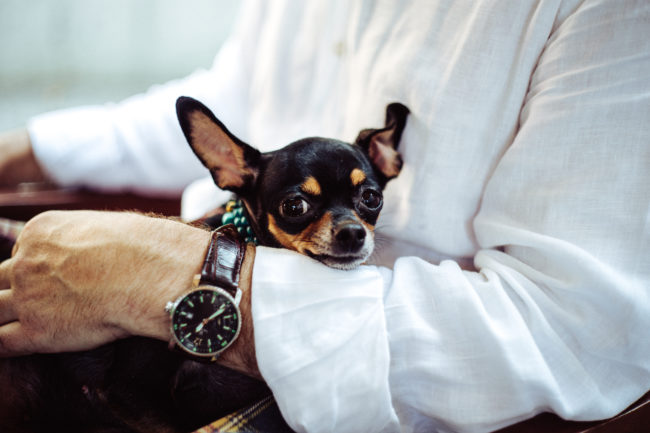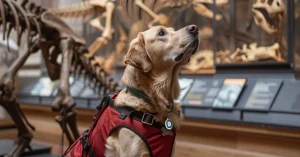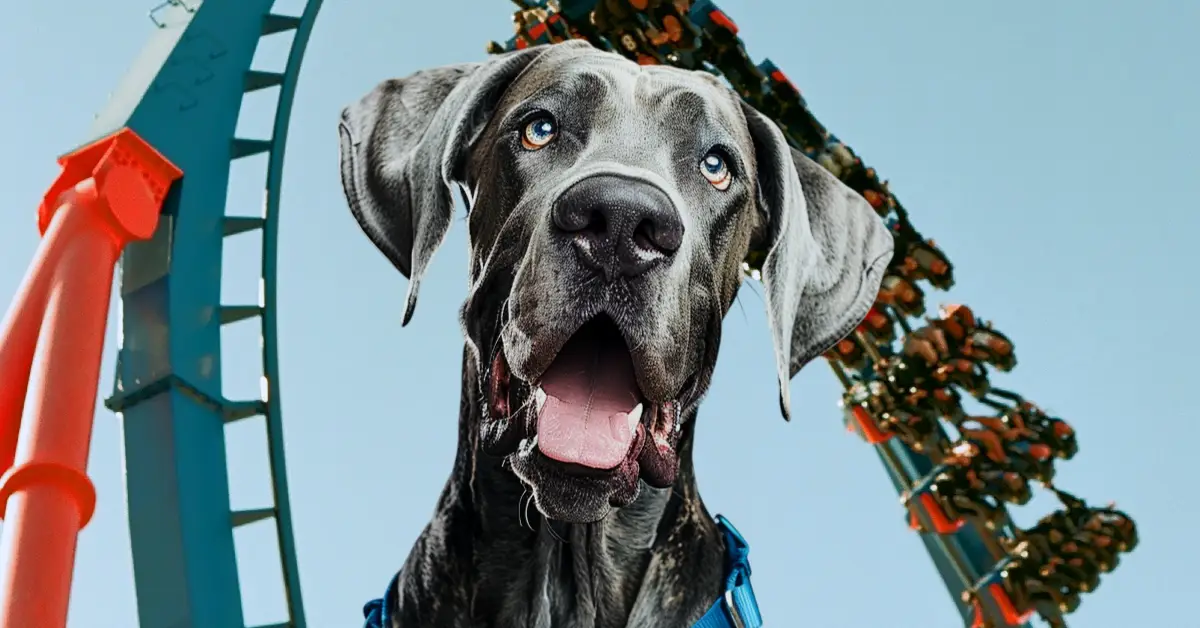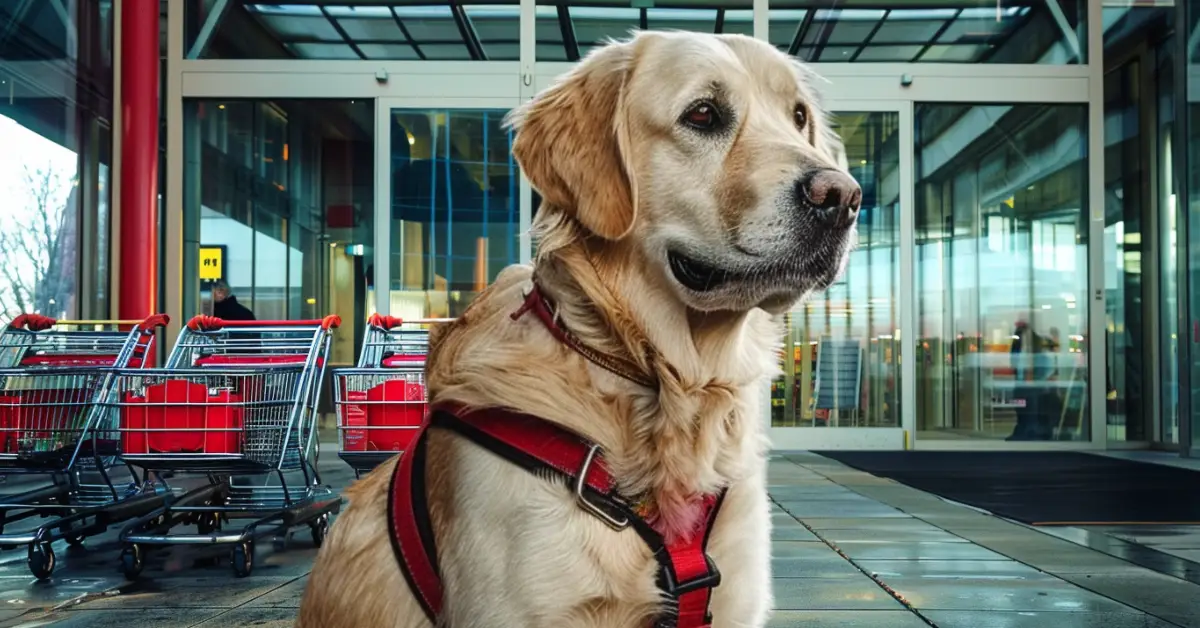How to Find the Right Veterinarian for your Pet

Have you recently gotten a pet or are pondering the idea of adding one to your life? Then you’ll want to have a good veterinarian to look after your new bundle of furry-fun. But finding the right pet doctor for your new addition may not be as simple as looking through a directory and calling the first number that pops up. You’ll want to do some research first. In this post we’ll be covering some tips to follow and some questions to ask of your pet’s potential doctor. Here’s how to find the right veterinarian.
Get Pet Parent Opinions
Whether it be from family, friends, co-workers or the place/person you get your new pet from, ask if they know of any good vets. Pet parents are usually quick to share both good and bad experiences, so don’t be shy when you’re searching for your own pet professional.
Friendly and Open
You’ll want all the people you deal with at the veterinarian’s office (from front desk to vet techs and the doctor him/herself) to be open and friendly. Look for a calm nature and one that is at-ease with your pet. Also be sure to observe how your pet responds to the veterinarian. Yes, your animal may be nervous, but a good veterinarian will try to have a good rapport with your animal before doing anything invasive or “scary.”
Busy is Good
It may be frustrating to be denied the appointment date you wanted, then not be able to find a parking place when you do finally get to the office or an available seat to wait for the vet; however, this is a good thing. Busy veterinarian’s are tied-up for a reason…they’re good! Take this as a clear sign that this pet doctor has more going for him/her than just a fancy ad or web site.
Ask About the Cost
When your pet becomes seriously ill is not the time to find out about the cost and payment methods your potential vet has in place. Inquire about this when you are in the first stages of searching for a veterinarian to avoid a shock at the front desk.
After Hours & Emergency Policies
Another upfront inquiry you will want to make is about the office’s hours of operation and what their emergency policies are. If a vet only works a few days a week, or has no emergency contingency plan, then you may want to move on in your search for the right vet.
Location
Having your veterinarian “right around the corner” is convenient, especially if you have an emergency situation. However, don’t base your decision on the right vet just because he/she is close by.
Questions to Ask a Potential Veterinarian
You most likely wouldn’t let a surgeon operate on you without asking some important questions first, so do the same when you’re looking for the right veterinarian. Remember, you are your pet’s voice, so ask these questions before you make your final decision;
- Is the vet accredited through the American Animal Hospital Association (AAHA) or the equivalent in your country?
- What type of equipment does the veterinarian have and will they keep up-to-date on the newest technologies when they become available?
- Who (if anyone) monitors the overnight patients? How are they treated/housed etc.?
- How does the veterinarian assess a pet before an operation in regards to anesthesia and post-op care?
- What do they regard as pain-management?
- Will this vet refer you to a specialist if your pet needs one?
- If you have an exotic pet, be sure to ask the potential vet if he/she has experience dealing with that type of species.
This is a good start of important questions to ask a potential veterinarian and they should be eager to answer any and all questions you may have in addition. If the pet doctor you are speaking with is reluctant to answer your questions or gets evasive or rude, move on. This person could be a problem down-the-road.
Finding the Right Veterinarian – Do Your Research
Take the time to follow these helpful suggestions to find the right vet for you and your animal-baby. When you’re pet parenting having the right doctor by your side can make all the difference in having a good pet and having a great pet!
About the Author: The writing team at Service Dog Certifications is made up of folks who really know their stuff when it comes to disability laws and assistance animals. Many of our writers and editors have service dogs themselves and share insights from their own experiences. All of us have a passion for disability rights and animals.
2 comments
Leave a Reply Cancel reply
Latest Posts

Can you bring a service dog to a museum?
Yes, you can bring your service dog to the museum! All the major U.S. museums welcome guests with service animals in accordance with the Americans with Disabilities Act (ADA). There are some areas, however, that might be off-limits. Here’s what you should know if you plan to spend a day at the museum with your […]

Read More

How to Bring a Service Dog to Six Flags Magic Mountain
Service dogs are welcome at Six Flags Magic Mountain so long as they are, according to Six Flags, “trained to do work or perform tasks for people with disabilities.” Of course, your dog must be housebroken and remain on a leash or harness and under your control while at the park — and the park […]

Read More

When Stores Can Refuse Your Service Dog
According to the Americans with Disabilities Act (ADA), service dogs should be allowed into any store most of the time. A store owner can legally exclude a service dog if they are actively growling, snapping at, or frightening customers, or if the dog is obviously out of the control of its owner. Ordinary behaviors — […]

Read More
Thanks for the tip that I can look into one’s AAHA accreditation when browsing for vet services. My dog gets a bit too shaky and nervous when dealing with strangers so I feel like I should be very meticulous in choosing that person that will do her yearly checkups. I hope I find one that can easily befriend my dog to the point that my dog would actually be excited to visit the vet.
Thanks for pointing out that a busy veterinarian hospital is a good sign that their staff is reputable. I’m planning to adopt a rescue dog soon and I would like to get regular checkups for him from the get-go. That way, it would be easier to monitor his health and change his diet accordingly.